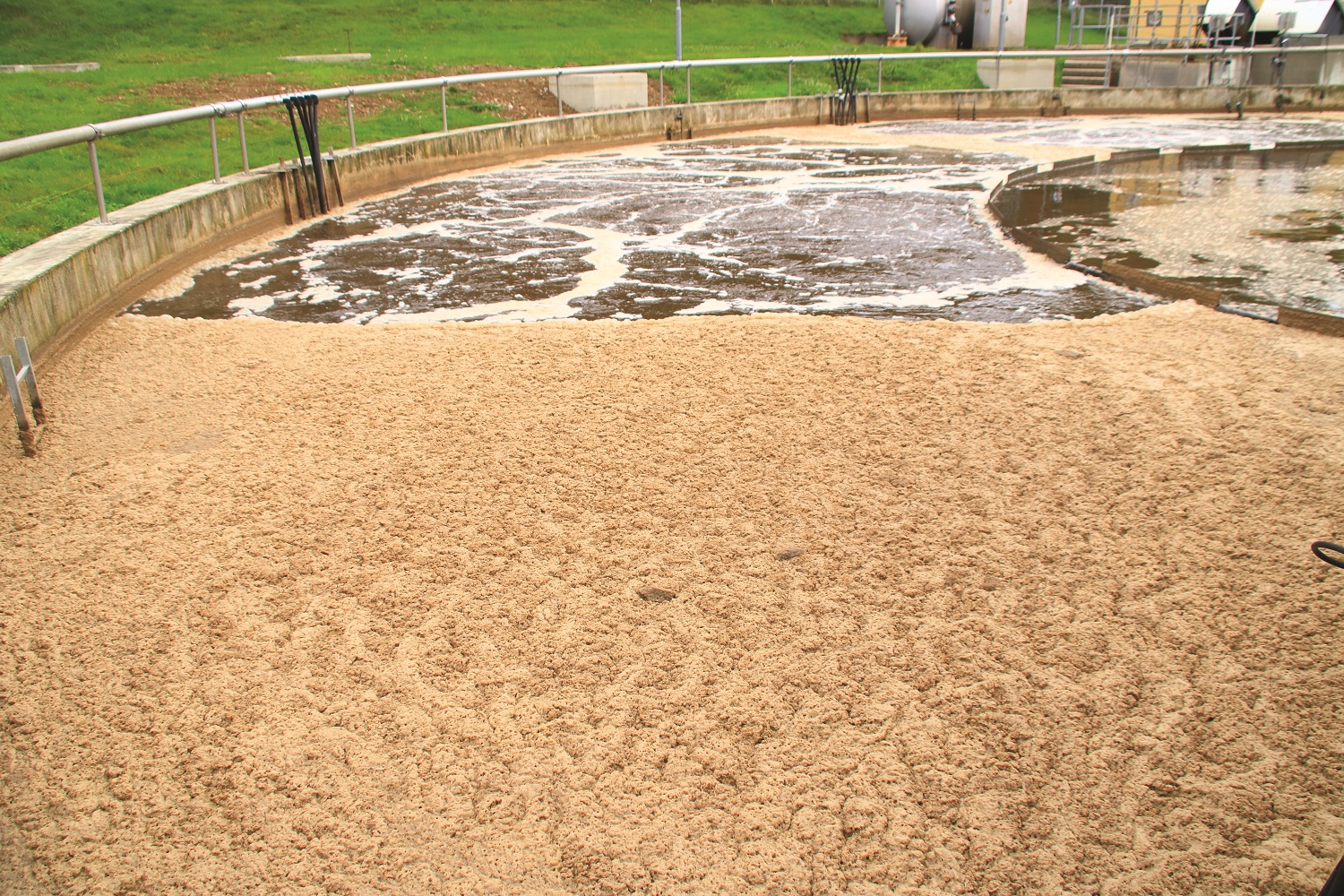
- How good is your sludge settleability?
- Are you experiencing bulking or foaming?
- Is your sludge dewatering the best it could be?
These factors are all closely linked. If you have identified any one of these issues in your plant, it is likely to be related to or contributing to the cause of the others. They are also the cause of unnecessary operational labour and expense.
A decline in these factors can often be attributed to the knock-on effects of high fat, oil and grease (FOG) loading. An example of this is the outbreak or proliferation of filamentous bacteria which take over the preferred floc-forming bacteria within your treatment plant.
Higher fat oil and grease loading in wastewater can promote the growth of filamentous bacteria which are characterized by long, thread-like structures (filaments) and are part of the microbial community responsible for breaking down organic matter in wastewater. However, an overgrowth or dominance of filamentous bacteria can lead to problems in wastewater treatment plants, including foaming and bulking or settleability which in turn reduces waste sludge dewaterability.
As there are typically payoffs associated with improving settling and sludge dewaterability, it can be worth considering reducing the FOG loading – specifically from sources such as industrial or restaurant waste streams. This only points up the importance of properly designed and operated mechanical FOG removal, however, if this is not available or sufficient, sodium hypochlorite is often used – specifically to control (kill off) filamentous bacteria. However, using sodium hypochlorite does not address the underlying issue that has allowed the overpopulation of filamentous bacteria. It is also not selective in what bacteria it kills which results in damage to the preferred bacteria.
One method of control that targets the FOG-related cause of these issues is the use of specific enzyme blends such as Parklink’s SELECT-Grease® which can be dosed upstream in the sewer network near these point sources. Dosing enzymes upstream in the sewer network can provide significant benefits as it utilises the pipeline itself (and the residence time within) as a pretreatment stage before the plant.
SELECT-Grease® is a liquid blend incorporating fat-degrading biocatalysts to provide hydrolysis of FOGs. These catalysts speed the breakdown of complex fat molecules into simple short-chain fatty acids, which can then be easily assimilated by the bacteria within the system. This conversion of long and short-chain fatty acids and the corresponding bacterial uptake will start immediately within the pipeline and will continue to take place inside the treatment plant.
By addressing the root cause of issues in this manner, treatment efficiencies can be improved beyond what was previously possible. This can translate into savings in labour, sludge handling and chemical usage, reactive maintenance and sludge disposal costs. Contact Parklink today to learn more and discuss the specifics of your plant.
